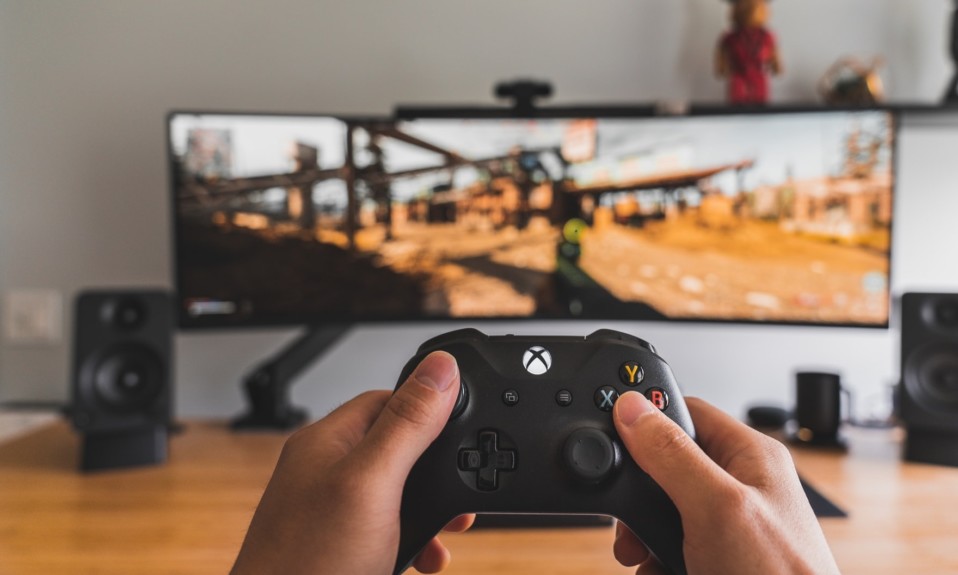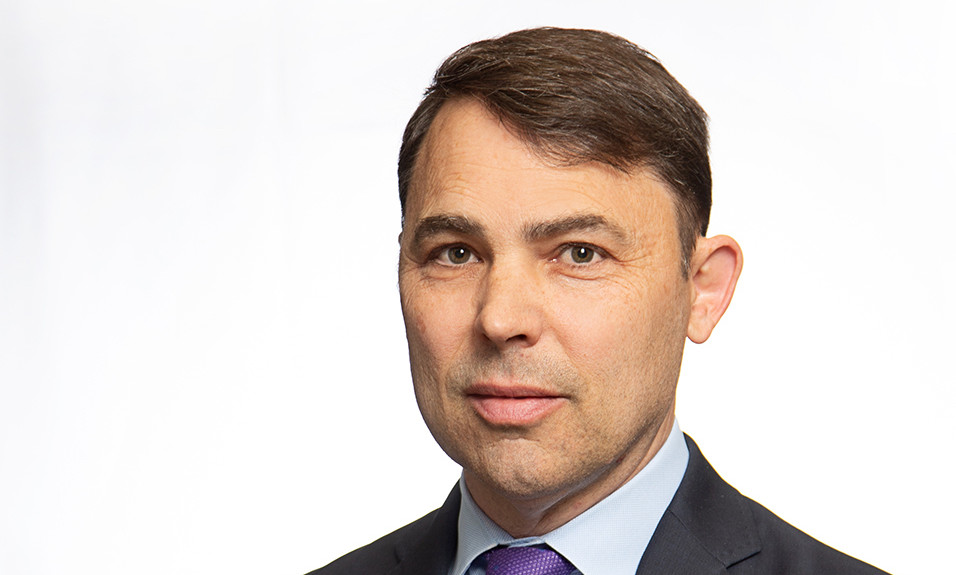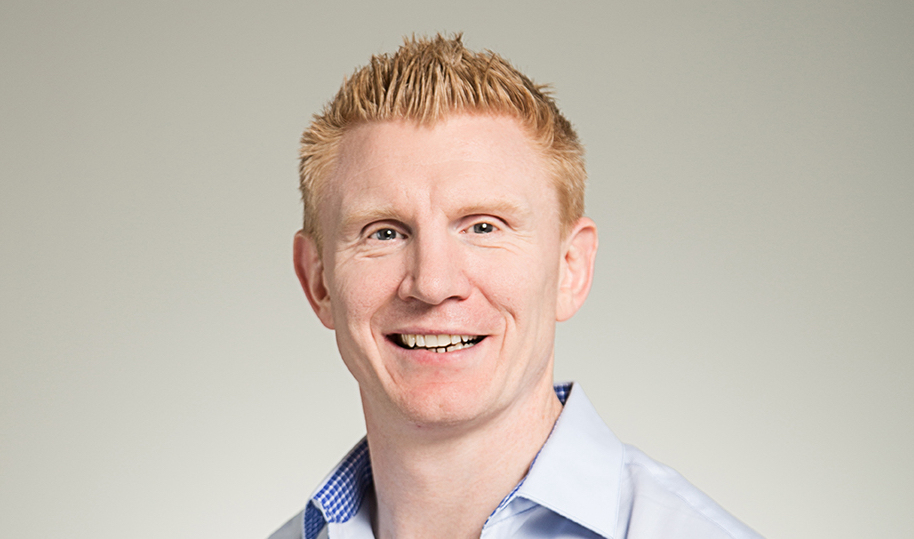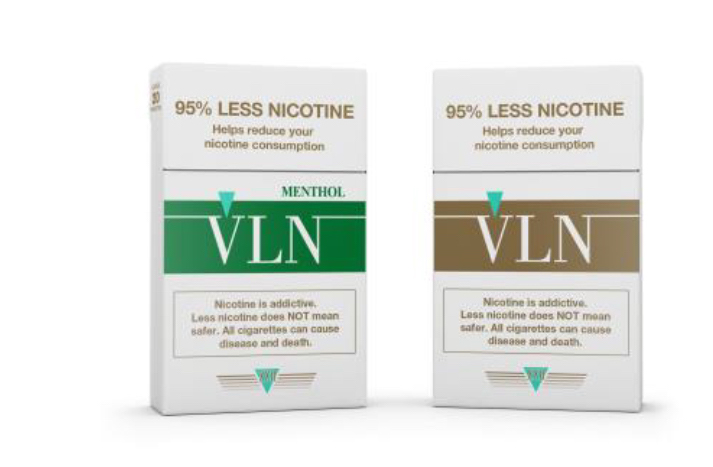Sierra Tucson’s chief clinical officer says the time has come to take problematic use of technology as seriously as other addictions
By Jenny Diedrich
Although technology addiction may not have the same physical withdrawal symptoms as chemical dependencies, experts believe they are just as real, and recovery can be equally difficult.

Ryan Drzewiecki, PsyD, LP, the new chief clinical officer at the Arizona-based treatment center Sierra Tucson, specializes in the mental health implications of obsessive use of online technology. He has seen addiction to various internet pursuits, including gaming and social media, escalate significantly in the past several years.
“Historically, there’s been the [opinion] of, ‘It’s not as addictive as alcohol,’ and that argument applies to a lot of different process addictions. I would certainly argue that they can be just as difficult to quit. We see most of our clients struggling with technology in some way, shape or form,” Drzewiecki says.
TreatmentMagazine.com recently talked with Drzewiecki about types of technology addiction, their effect on mental health and how treatment differs from that of chemical addiction.
Q. What is your background?
A. I got into the field about 20 years ago. I started in early childhood education and then group home management. I went back and got my doctorate and since then have been clinical director at a number of organizations. I saw this opportunity here at Sierra Tucson, and it’s an amazing place with such a stellar reputation. I started in early January [of 2022].
I got into addiction treatment through my work in graduate school. I was trained at Hazelden for several years, which, like Sierra Tucson, is one of the great flagship substance abuse companies. I started off in a more general substance abuse setting. Pretty quickly after [a] internship at Hazelden, I would focus on gaming and technology addiction [whenever possible in private practice].
“One thing we’re seeing a lot lately is called ‘doom scrolling.’ It’s going through the news and reading things that get people worried or scared in a compulsive way.”
—Ryan Drzewiecki, chief clinical officer at Sierra Tucson
I got into playing World of Warcraft way back in college. It fascinated me, and I got sucked into it a little bit. I saw a lot of people [for whom] the game was really ruining their lives. It’s a multiplayer game. I made some great friends, but I also saw so many people who were playing this game and having all sorts of trouble with their jobs, social lives and families. It stuck with me: What makes a person get so interested that they start to lose touch with some of the other important pieces of leading a balanced life?
Q. Can people actually become addicted to gaming or the internet?
A. Absolutely. There sometimes tends to be some energy around, “Is it the same as a chemical dependency?” Certainly, it doesn’t have the same withdrawal effects as something like heroin, but it very much is addictive physiologically as well. Anything done in excess profoundly impacts our internal reward and motivation system and is associated with changes in the way our neurotransmitters work. It’s something that I think we need to really take seriously as a field.
“I tend to think of technology not as the problem but as the manifestation of the problem. You might see a lot of different mental health issues that a person is using technology or gaming to self-regulate.”
A person who has fallen into a process addiction like this has learned to self-regulate their emotions in this particular way. It’s hard to start to regulate your emotions in a healthier way when you’ve become dependent on an unhealthy means of doing so. An addiction is somebody overusing one specific way to regulate their own emotions. The task of dealing with any sort of addiction, whether a behavioral or chemical addiction, is learning to regulate emotions in a healthier way or with a wider variety of options and techniques.
Q. What are some types of technology addictions?
A. The phone in general has a lot of different problematic things that can happen. One thing we’re seeing a lot lately is called “doom scrolling.” It’s going through the news and reading things that get people worried or scared in a compulsive way. There’s also a mindless variant of scrolling, going through Facebook or Twitter, as a dissociative kind of strategy.
Within gaming, there’s at least half a dozen subtypes. You have people who are pulled into more simple games like Candy Crush that are a little bit more mindless or repetitive. Then you see people get into much more complex games. It’s a very different person who’s drawn into a single-player shooter game versus one who’s drawn into a cooperative, multiplayer game.
Gambling has a big crossover here, especially these days because you can do so much of it online. I’ve worked with binge-watching a fair amount as well. Amazon can make compulsive shopping sort of an internet phenomenon. People can get a dopamine hit off of ordering something new. With all of these things, there’s a healthy way to do it, and everybody does it to some extent, but if it starts to be the only way you have of calming down, then that’s when it becomes problematic.
Q. How does a technology addiction typically start?
A. There can be a lot of different ways. I tend to think of technology not as the problem but as the manifestation of the problem. You might see a lot of different mental health issues that a person is using technology or gaming to self-regulate. During periods of major transition, sometimes people will turn to technology. People might be in the middle of going off to college or starting a new job, and they start to self-regulate using these means. It spirals out of control, and they find themselves doing more and more of it.
“[Treating technology addiction] can be … similar to treating eating disorders versus treating chemical dependencies. With chemical dependencies, we talk about abstinence. … With technology, it’s fair to say that it’s going to be hard to cut this off.”
You see a ton of this with the teenage and early-20s population. I found it interesting with my private practice that I saw just as many people who were 50 or 60 and had stumbled upon video games and started to overuse that. I saw people who had been through a divorce, lost a loved one or entered retirement. I think the transitions are particularly dangerous times to develop these kinds of addictions.
Q. Does treatment for these addictions differ from chemical addictions?
A. Big picture, it’s very similar. For any clinician, it’s learning to ask the right questions and having the right awareness. At the diagnosis phase, you’ve really got to understand what you’re working with. One of the challenges for me was keeping up with gaming. There are so many games out, and now with different streaming services and gaming celebrities, it’s a lot to keep track of. But I think that’s essential [in] working with this population. You’ve got to know what they’re doing. It really comes back to getting to know your client and designing an individualized treatment plan.
It’s really important to not treat it as a one-size-fits-all. One person’s internet addiction is not the same as the next person’s. It’s important to talk about their use habits. What are they doing specifically? What can we deduce from their life and information from their family about what kind of benefit they’re getting out of it?
I always say that effective treatment is top-down and bottom-up. From the bottom-up perspective, we’re building people’s resilience and trying to help them learn more means of self-regulation. We’re trying to help them look at the critical factors that predispose them to problematic gaming or internet use and help them learn replacement behaviors. From the top-down, we’re looking at helping them develop some insight, [and] looking to teach them skills to build a stronger life as well as skills to respond to crises.
“I see this really heightening anxiety, and I see more obsessive and compulsive behavior from people who are paralyzed by having real relationships with people when they can’t control everything people see about them.”
It can be a little more similar to treating eating disorders versus treating chemical dependencies. With chemical dependencies, we talk about abstinence. With technology, it’s fair to say that it’s going to be hard to cut this off. You’re not going to be too successful at completely detaching from your phone. We’re going to have to work on healthy use while you’re still using it, which has its own challenges.
Q. How have you seen the rate of technology addiction change in the last few years?
A. I’ve seen it explode. I first started seeing clients with these issues prior to 2010. At that time, it was young men and mostly the same two or three video games. These days, it’s rare to find someone who doesn’t struggle with using technology appropriately, whether it’s as simple as mindless scrolling or more complex. I see so many people utilizing technology in less-than-healthy ways.
There are so many different ways to do it now. On the iPhone, there’s a feature where you can turn off the colors, and that really impacts people’s scrolling habits. All the colors and bells and whistles are what’s appealing to us. The people who develop games and technology have become experts at learning how to keep us engaged. Turning some of that off can help people detach a little more quickly.
Q. Explain the concept of internet perfection and how it can affect mental health.
A. We have this very artificial way of interacting with people. You can show people what you want to show them and try to craft this perfect life, and you’ve got all this time to do it. Everything you say can be perfectly witty and wonderful. You can absolutely control others’ perceptions of you. I see so many people right now who are struggling in real life when they don’t have an hour to think of the perfect response. I see this really heightening anxiety, and I see more obsessive and compulsive behavior from people who are paralyzed by having real relationships with people when they can’t control everything people see about them.
Top photo: Sam Pak














